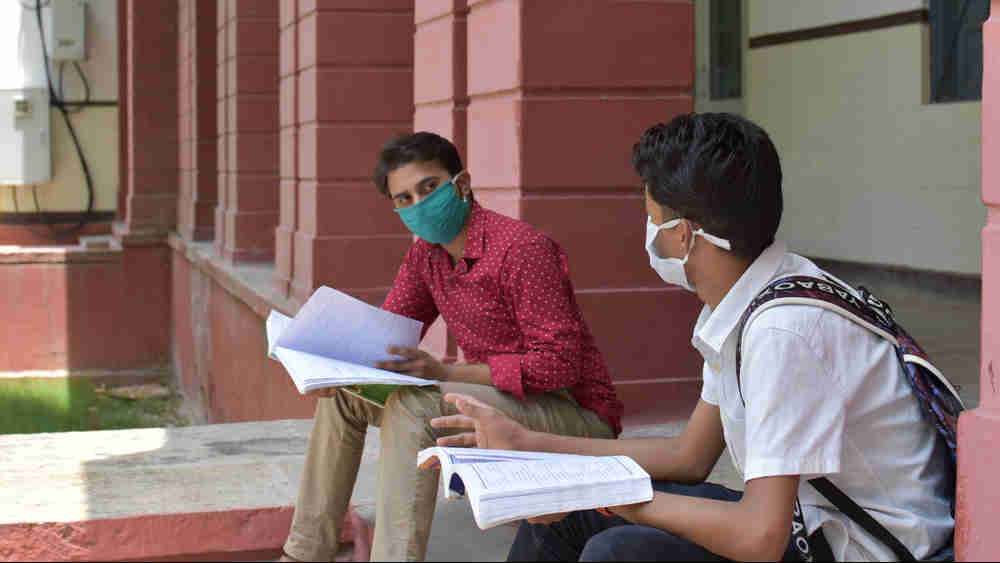Centralization, ironically, seems to be the flavour of the season in a country whose prime minister has, on several occasions, loftily claimed that his regime stands for ‘minimum government, maximum governance’. This has been evident in the growing instances of encroachment on the independence of India’s institutions, whether political, administrative or educational. The phenomenon appears to be contagious; in a new turn of events, a proposal to give the vice-chancellor of Delhi University the absolute authority to name new institutions — from a pre-approved list of names no less — has been accepted by the university’s academic council. The implications of this development are ominous on several counts. Until now, new institutions were named only after consultations with the university’s academic council and executive council. This is a robust practice, as debate and differences of opinion ought to be encouraged in honour of the democratic ethos. The approval of the proposal constitutes an infringement of the mechanism of autonomy within the administration of a university. Moreover, there are concerns that the ‘absolute’ power vested in the vice-chancellor might even lead to a reduction of the role of the office to that of a nominal head as well as encourage the culture of quid pro quo. Such fears are not unfounded: the conduct of vice-chancellors of several universities — Visva-Bharati is one example — has been distinctly partisan.
The threat to another kind of representativeness is manifest in this measure. It would not be unreasonable to surmise that the list of approved names from which new institutions under the university can be named enjoys political approval — not only does it include the names of the right-wing’s patrons like V.D. Savarkar and other stalwarts of the Bharatiya Janata Party but, interestingly, it also excludes the name of Jawaharlal Nehru. That the name of India’s first prime minister — he is credited with setting up several institutes of higher education in independent India — does not merit a mention on a list of names for new colleges points overwhelmingly to a rise in ideological and political meddling in sovereign institutions. India’s universities have to deal with diverse adversities. The paucity of funds, periodic interventions in curriculum and the pandemic are some such examples. To this long list must now be added the vector of centralization that seeks to impose the unilateral views of the powers that be on an entire centre of learning through a pliant vice-chancellor.











